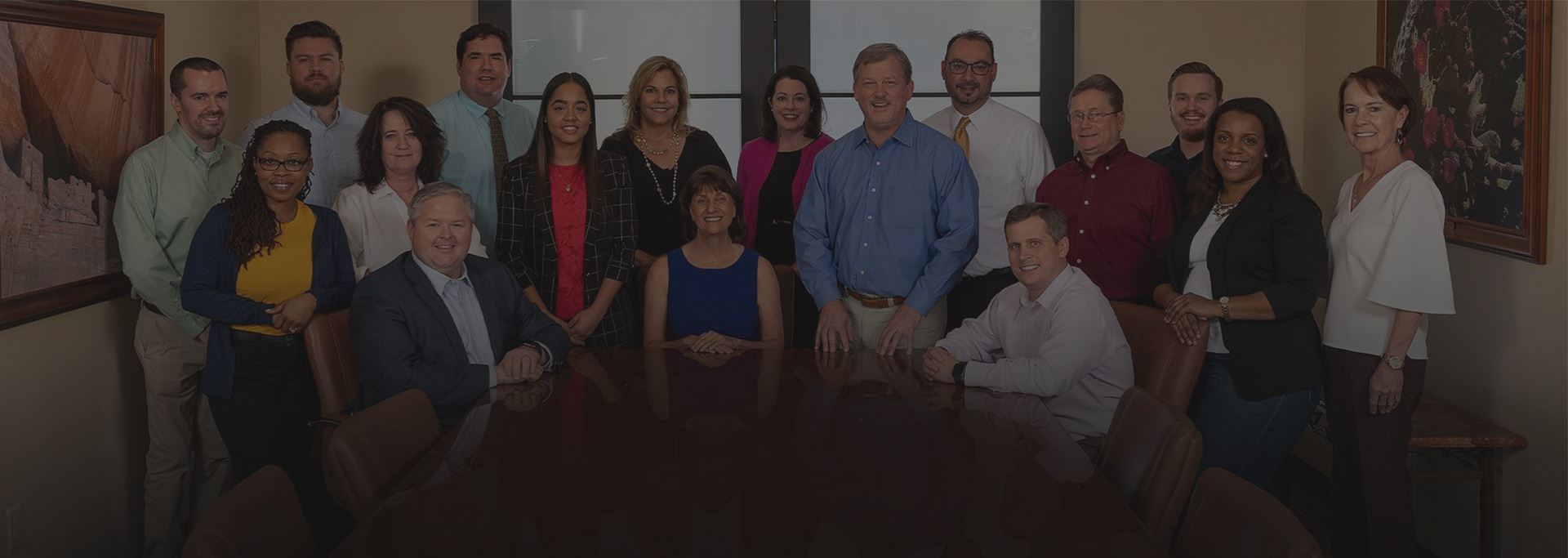
Construction Dispute Lawyers
Righi Fitch Law Group Stands Ready to Protect Your Interests
Disputes between a contractor or a construction company and a customer are all too common.
Disputes often arise out of delays in:
- Getting the work done
- Unsatisfactory work
- Or delayed/disputed payments
Construction-related disputes can consume a lot of time and money, and, in many cases, the expense involved in pursuing a dispute is far greater than the money actually at stake. The construction attorneys at Righi Fitch have many years of combined experience in handling construction disputes. We can help you pursue your claim in an efficient, cost-effective manner.
Need assistance with your construction-related dispute? Reach out to Righi Fitch Law Group by calling (602) 483-6352 or contacting us online today! Serving Arizona, Colorado, New Mexico, and Utah.
Resolving Construction Disputes
A properly drafted construction contract sets out the manner in which disputes are to be resolved. The typical construction contract calls for the use of a means other than litigation, such as arbitration or mediation, to resolve disputes arising under the contract.
There are some construction-related disputes that will only be resolved through litigation. A claim under a mechanic's lien requires court action for enforcement. A mechanic's lien is a method used by contractors or others involved in improving real property to ensure that they are paid for services performed and materials supplied.
The lien attaches to the property when the work is performed or goods are delivered. It remains attached to the property until payment for the work or goods is made. If the property owner does not pay for the services or materials, then the person who performed the work or sold the materials may initiate a court proceeding to enforce the lien.
A mechanic's lien proceeding, if not settled or resolved before final judgment, may require a sale of the property to pay for the services and materials.
What Is Arbitration?
Many construction contracts require that disputes arising under the contract be resolved by arbitration. In addition, many courts will order that a case be submitted to arbitration before allowing it to come to trial. Arbitration is like a trial, except that it is usually much less formal.
The dispute is heard by one or more arbitrators, who are selected from a panel of neutral arbitrators. Depending on the local practices and rules, the arbitrators may be attorneys or people with expertise in the construction industry. An arbitrator acts like a judge, in that they hear the case and make a final decision based on the evidence presented.
Arbitration may be binding. Many construction contracts do require binding arbitration, and if you sign such a contract without removing that provision, you will be deemed to have agreed to binding arbitration. The courts will not overturn the order of an arbitrator in binding arbitration unless the arbitrator made a decision that completely lacked any legal foundation.
Although arbitration is typically less formal and complex than a regular trial, the process can still be lengthy and complex; it is important that you have legal counsel you can rely on to make your case. The team at Righi Fitch have arbitrated hundreds of cases.
Richard Righi is a member of the American Arbitration Association Construction Panel. Through their combined experience, the lawyers at Righi Fitch have an intimate knowledge of the arbitration process, and will work hard to help you obtain the best result possible.
What Is Mediation?
Mediation is another method of dispute resolution that is often ordered by courts before a case may be brought to trial. Mediation is seldom required by a contract, and it also differs from arbitration in that it is not like a trial. Mediation is an effort to get the parties to reach a mutually agreeable settlement.
The Difference Between Mediators and Arbitrators
A mediator, like an arbitrator, is a neutral party, but unlike an arbitrator, a mediator does not make a decision as to who is right or who is wrong. Rather, the mediator does what he or she can to get the parties to some common ground for an agreement.
The mediator's role is limited to listening to each party and presenting settlement options and proposals to the parties. Most mediators are selected for their knowledge of a particular area of the law. This lets them advise a party as to whether a claim may or may not be successful in court, and whether a party might be best advised to accept a settlement offer.
No one forces the parties to come to an agreement, and ordinarily, a party who refuses to compromise or settle a claim is not penalized.
Speak to a Construction Dispute Attorney
Construction disputes can be complex, expensive affairs. No matter the method used to resolve your dispute, you should be represented by an attorney who can help you explore your options and pursue your claim in a way that meets your needs and is in your best interests.
An experienced construction dispute attorney at Righi Fitch Law Group can provide you with the representation that you need. In addition to serving clients in Arizona, we handle construction disputes in Utah and New Mexico.
Give us a call at (602) 483-6352 or send us a message online to find out how our skilled construction dispute lawyers can help.

A member of our team will be in touch shortly to confirm your contact details or address questions you may have.



Stay In The Know
-
 Read More
Read More -
 Read More
Read More -
 Read More
Read More








